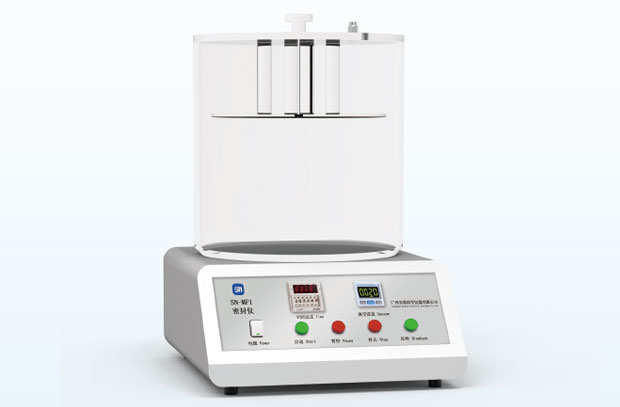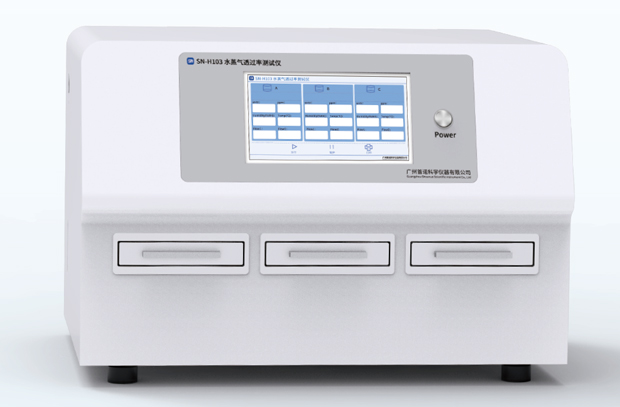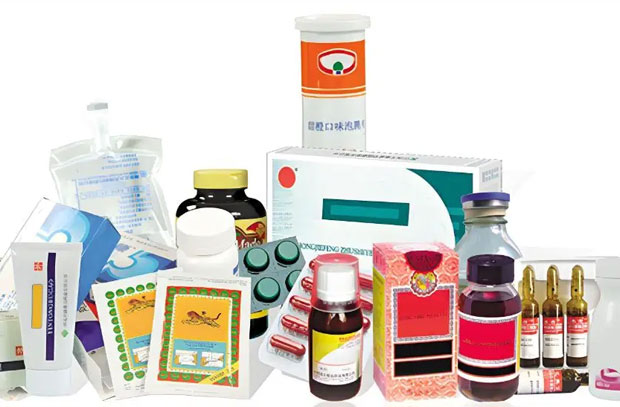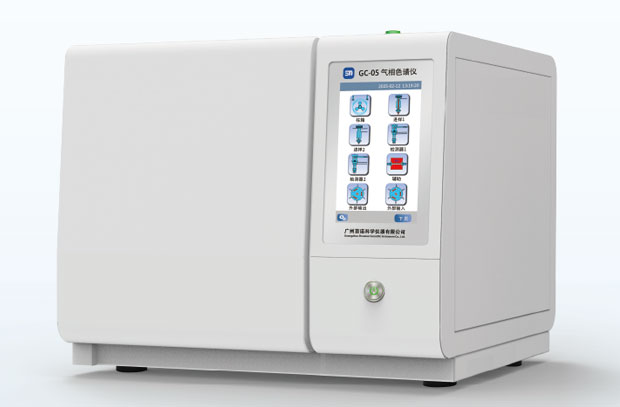Impact resistance is a crucial indicator in the quality assessment system of packaging materials. It directly relates to a product's ability to effectively withstand external impacts and collisions during warehousing, transportation, and handling, thereby ensuring the safety and integrity of its contents. Among numerous testing methods, the electronic pendulum impact tester, with its scientific design, reliable data, and efficient testing process, has become an indispensable quality testing device in the packaging industry.
Working principle and core value of electronic pendulum impact tester
The electronic pendulum impact tester, often referred to as a pendulum impact testing machine, simulates real-world instantaneous impact behavior. The instrument raises a pendulum to a certain height, imparting it with a fixed potential energy, and then releases the pendulum to allow it to fall freely, impacting a standardized sample. By measuring the angle of the pendulum's ascent after impact using precision sensors, the energy absorbed by the sample during fracture can be accurately calculated. This energy data is a key parameter for quantifying the toughness and brittleness of packaging materials.
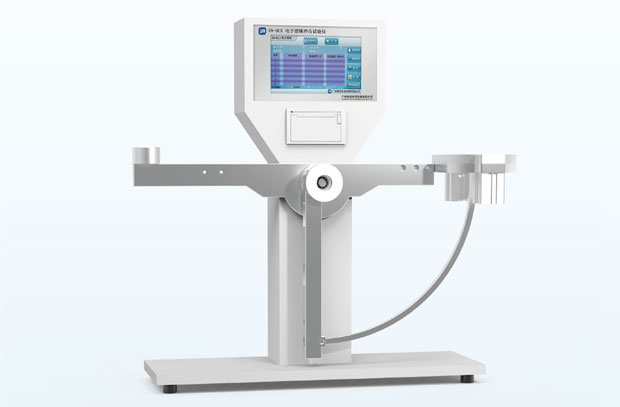
For packaging companies, the core value of this instrument lies in the objectivity and predictive power of its data. By using a pendulum impact testing machine for laboratory simulation testing, companies can accurately assess the impact resistance of packaging boxes, packaging films, cushioning materials, and other components before products are released to the market. This is equivalent to conducting a rigorous "stress test" on the product packaging, thereby effectively predicting and preventing potential damage caused by impacts during actual distribution.
Why must the packaging industry rely on pendulum impact testing?
In an increasingly competitive market environment, packaging is no longer just a container for products, but also a reflection of brand image and reliability. A customer complaint caused by damaged packaging results not only in economic losses but also damage to brand reputation. Therefore, employing scientific testing methods to control quality from the source has become particularly important.
The application of pendulum impact testing machines has shifted quality control from subjective experience-based judgment to objective data-driven approaches. Whether assessing the feasibility of new environmentally friendly materials or optimizing existing packaging solutions to reduce costs, impact test data provides the most direct basis for decision-making. For example, by comparing the impact energy values of plastic films of different materials or thicknesses, the best solution that meets both protection requirements and cost-effectiveness can be scientifically selected. Dedicated film pendulum impact testers offer a high-precision testing solution for such thin and flexible materials.
Expanding applications: From general packaging to specific materials
The electronic pendulum impact tester has a wide range of applications. Besides common cardboard boxes and plastic containers, it is also crucial for evaluating certain materials and processes. For example, in the packaging design of metal materials or industrial components, it is necessary to evaluate the impact resistance of protective wooden crates or heavy-duty corrugated cardboard. In this case, its testing concept is consistent with the classic Charpy pendulum impact tester in the evaluation of material mechanical properties . Although the test objects and standards differ, the core purpose is the same: to reveal the toughness, brittle transition trend, and internal defects of materials through impact. This technological commonality further confirms the scientific validity and universality of the pendulum impact test method.
In conclusion, the pendulum impact tester is an irreplaceable component of packaging quality inspection. It transforms uncontrollable transportation risks into measurable, analyzable, and improveable scientific data in the laboratory. Investing in a high-quality electronic pendulum impact tester is not only a reflection of a company's commitment to quality, but also a wise move to build strong supply chain resilience, reduce overall costs, and enhance brand market competitiveness.






